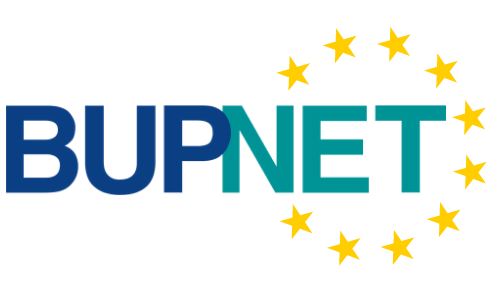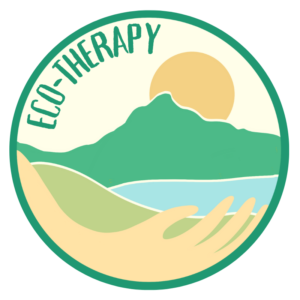While our research underscores the myriad benefits of incorporating ecotherapy into the curricula of Vocational Education and Training (VET) centers and treatment facilities, it also unveils notable barriers that warrant consideration.
One of the primary challenges lies in the lack of widespread recognition of ecotherapy under its official guise. Instead, it must contend with a plethora of evidence-based educational programs vying for attention. Across several countries, ecotherapy currently occupies a niche as an alternative therapy rather than a primary treatment for alcohol and drug addiction. Moreover, a dearth of knowledge and training among professionals impedes its application as a bona fide treatment modality, stemming from the absence of standardized training in the field.
Another significant barrier pertains to the logistical framework required for conducting ecotherapy sessions. The necessity for natural settings, often inaccessible to all, poses a practical challenge. Moreover, the integration of new practices into the therapeutic repertoire of professionals may encounter resistance, necessitating validation from regulatory bodies. This bureaucratic hurdle can impede the introduction of innovative approaches within public centers.
Despite these challenges, our research underscores the importance of addressing these barriers to unlock the full potential of ecotherapy within VET and treatment settings. By navigating these obstacles, we can pave the way for a more holistic and inclusive approach to addiction treatment and vocational education.

